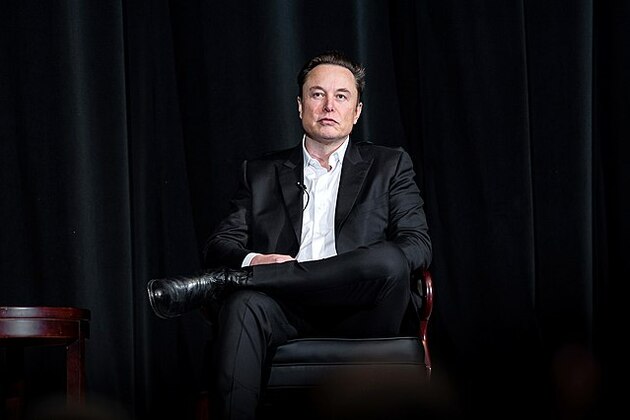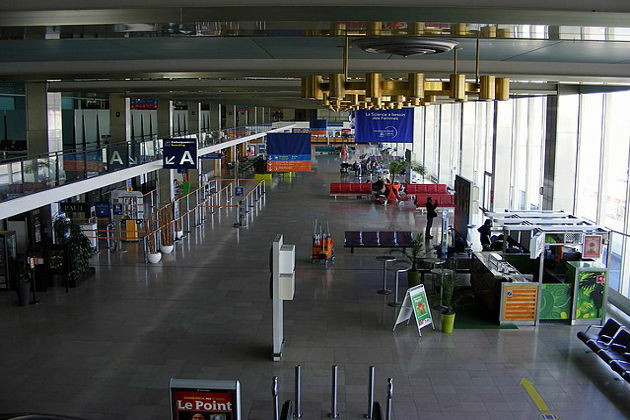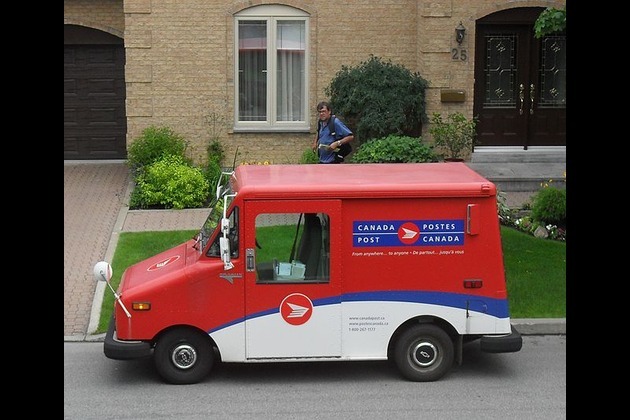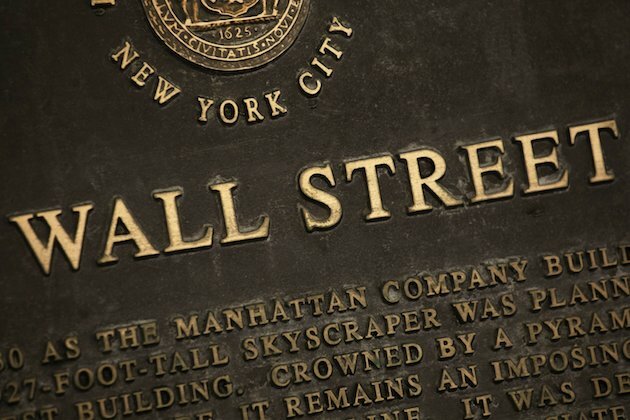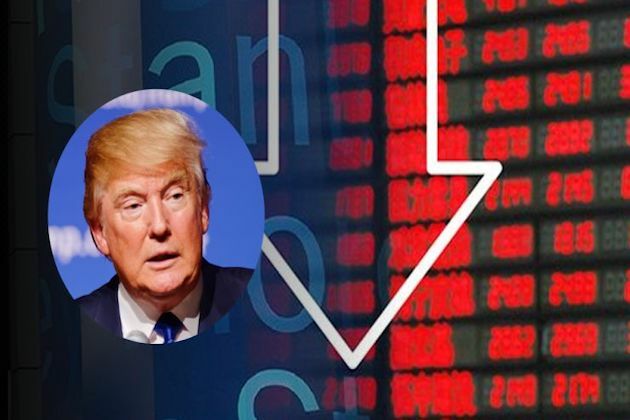Don't blame Australia's lowest-paid workers if interest rates rise again
The Conversation
05 Jun 2023, 14:08 GMT+10

The odds have been shortening on the Reserve Bank of Australia lifting interest again, and Australia's workers are again being blamed for driving inflation.
Harvey Norman chairman and executive director Gerry Harvey is one of the business leaders flamboyantly warning higher wages will lead businesses to cut staff numbers or increase prices, making it harder for the central bank to get inflation down to its 2-3% target.
This follows the decision of Australia's industrial relations umpire in its Annual Wage Review last week. The Fair Work Commission granted a 5.75% increase to award wage rates, and an 8.6% increase to the minimum wage.
But there are good reasons this decision won't have a material impact on inflation or interest rates.
Limited impact on the wages bill
To start with, the increase in award rates directly affects only about 20% of workers. And those workers, being low paid and often part-timers, only account for about 11% of the national wages bill.
Markets expected a 5% rise anyway. The Fair Work Commission's decision, being 0.75 of a percentage point above market expectations, means the national wages bill will be only 0.08% (less than one-thousandth) greater than expected.
As a general principle in economics, if the increase in "real wages" ("money wages" minus prices growth) is similar to the trend growth in national productivity, then wage increases will have no impact on inflation.
Over the long run, the Fair Work Commission aims to increase wages in line with growth in prices and productivity. In this decision, though, real wages for even most low-paid workers are falling. Wages growth is putting downward pressure on inflation.
Not all award-reliant workers will get the increase anyway, because there are still employers who ignore awards and underpay employees.
It's true the decision to increase the federal minimum wage by 8.6% was for more than the increase in award rates. That's because the minimum wage serves a different purpose to awards. It targets low-wage people who aren't covered by awards, which is a tiny 0.7% of workers.
The Fair Work Commission raised the minimum wage benchmark from an old, rarely used classification in awards (known as C14) to one matching what most bottom-level workers get paid anyway (known as C13). While the commission is still reviewing the relationship between awards and the minimum wage, this one-off increase, affecting very few workers, is likely to be the biggest change we will see.
Read more: Up to 1 in 6 recent migrants get less than the minimum wage. Here's why
What about other workers?
The implications of all this for other workers are very limited. Most workers on enterprise agreements (outside of retail and hospitality) and many on individual contracts receive so much more than the award that an award increase does not matter. Their wage outcomes are more influenced by the state of the labour market, employer approaches to bargaining, inflation and, critically, the bargaining power of unions - something that has been declining substantially in recent decades.
Some workers on enterprise agreements have received such low increases that award rates have caught up to them. This is one reason award coverage has grown from 16% in 2012 to 23% in 2021, but those workers are factored into the cost impact anyway.
With lower bargaining power, average workers' wages are growing well below prices. There is no way the current inflation can be seen as a wage-price spiral. It is so unlike the last large spike in inflation, in the 1973-74 wage-push period, that any comparison would be laughable.
Reserve Bank governor Philip Lowe in March said "the risk of a prices-wages spiral remains low". The Bank's wage forecasts are now slightly lower than then. But by continuing to raise interest rates, it keeps on behaving as if a wages break-out is a real prospect.
Read more: 1970s-style stagflation now playing on central bankers' minds
Profits and prices
Profits had been growing considerably faster than wages, both in Australia and overseas, though profits are now slowing down in both. There's a debate in Australia and more explicitly overseas, about the role of profit-making in reinforcing inflation.
Economists overseas have pointed to its likely role after an initial shock, for example from fuel shortages. This includes economists associated with the European Central Bank and the European Commission (so it is no longer a fringe concern).
But firms won't chase cheap profits through hiking prices indefinitely. Sure, firms have the chance to raise prices more than they need, since customers expect price rises during shortages. Firms expect competitors to match price rises. So they can take advantage of a temporary supply shortage to permanently boost profits. But they're wary of bumping up prices repeatedly, fearing loss of market share. So inflation (but not prices themselves) should fall.
Indeed, the Reserve Bank of Australia - along with the Treasury and pretty much everyone else - anticipates that inflation is falling anyway. In the central bank's case, it expects inflation to more than halve, to 3.2% by December next year.
Inflation and interest rates
So there is no reason for the Reserve Bank of Australia to raise interest rates again in light of the award wage decision. It has minimal implications for inflation, which is heading downwards.
That does not mean the central bank won't raise rates. After all, it increased interest rates last month while inflation was falling. Market expectations of a rate rise were already increasing before the Fair Wage Commission decision, due to a temporary and unexpected rise in monthly inflation figures. If rates rise, it's not the Fair Work Commission's handiwork.
Read more: Lifting the minimum wage isn't reckless - it's what low earners need
The problem, as the European Commission's latest economic forecast warns, is that, when profits and prices rise, workers will seek to offset their loss of purchasing power and income share by raising wage demands. Whether they succeed or not is another matter. But "protracted distributional conflicts could delay the process of disinflation".
That could affect central bank actions down the track, though effective action on prices themselves would reduce that risk. It also creates policy problems for the federal government, on whether and how to redistribute income back to labour.
Author: David Peetz - Laurie Carmichael Distinguished Research Fellow at the Centre for Future Work, and Professor Emeritus, Griffith Business School, Griffith University 
 Share
Share
 Tweet
Tweet
 Share
Share
 Flip
Flip
 Email
Email
Watch latest videos
Subscribe and Follow
Get a daily dose of Europe Sun news through our daily email, its complimentary and keeps you fully up to date with world and business news as well.
News RELEASES
Publish news of your business, community or sports group, personnel appointments, major event and more by submitting a news release to Europe Sun.
More InformationInternational
SectionThousands gather in Himalayas as Dalai Lama celebrates 90th birthday
DHARAMSHALA, India: The Dalai Lama turned 90 on July 6, celebrated by thousands of followers in the Himalayan town of Dharamshala,...
Fans perform WWII-era Fascist salute at Marko Perković’s mega concert
ZAGREB, Croatia: A massive concert by popular Croatian singer Marko Perković, known by his stage name Thompson, has drawn widespread...
U.S. Treasury Secretary says Musk should steer clear of politics
WASHINGTON, D.C.: Elon Musk's entry into the political arena is drawing pushback from top U.S. officials and investors, as his decision...
TikTok building U.S.-only app amid pressure to finalise sale
CULVER CITY, California: TikTok is preparing to roll out a separate version of its app for U.S. users, as efforts to secure a sale...
Trump defends use of 'Shylock,' citing ignorance of slur
WASHINGTON, D.C.: President Donald Trump claimed he was unaware that the term shylock is regarded as antisemitic when he used it in...
Summer travel in chaos as French air traffic controllers walk off job
PARIS, France: A strike by French air traffic controllers demanding improved working conditions caused significant disruptions during...
Business
SectionFedEx, UPS step up as Canada Post loses market share in strikes
OTTAWA, Canada: With Canada Post struggling to maintain operations amid labour unrest, rivals like FedEx and UPS are stepping in to...
U.S. stocks steady Tuesday despite tariffs turmoil
NEW YORK, New York - U.S. and global markets showed a mixed performance in Tuesday's trading session, with some indices edging higher...
Beijing blamed for covert disinformation on French fighter jet Rafale
PARIS, France: French military and intelligence officials have accused China of orchestrating a covert campaign to damage the reputation...
Birkenstock steps up legal battle over fakes in India
NEW DELHI, India: Birkenstock is stepping up its efforts to protect its iconic sandals in India, as local legal representatives conducted...
Beijing hits back at EU with medical device import curbs
HONG KONG: China has fired back at the European Union in an escalating trade dispute by imposing new restrictions on medical device...
Wall Street reels after Trump invokes new tariffs
NEW YORK, New York - Monday's trading session saw mixed performances across U.S. and global markets, with several major indices posting...



